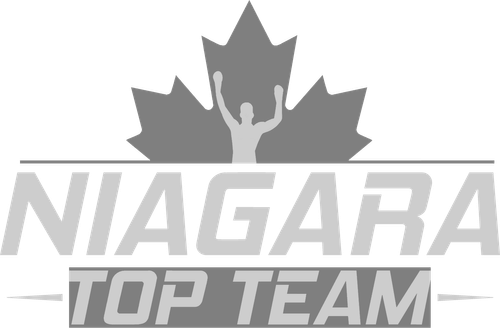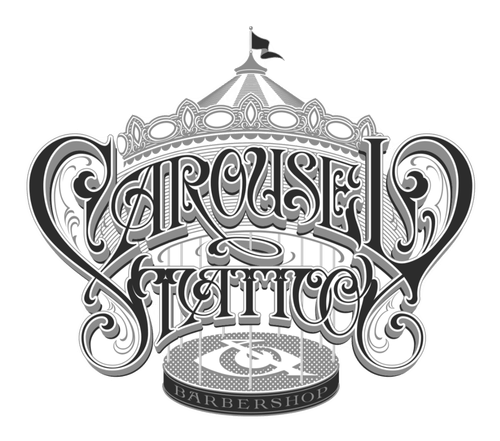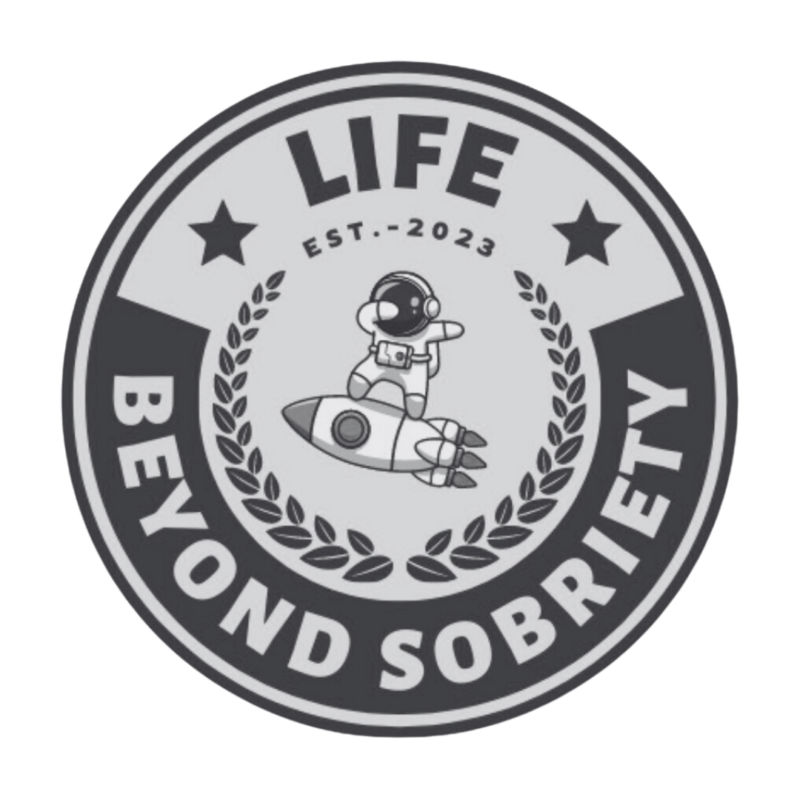The Importance of Holistic Addiction Treatment
At Twelve Mile Recovery, we believe that successful addiction recovery goes beyond merely addressing the physical symptoms of dependency. From our experiences, we know that addiction often leaves mental, emotional, and spiritual wounds. Therefore, a comprehensive and holistic approach is essential to truly help our clients. Our programs at Twelve Mile Recovery integrate evidence-based therapies such as cognitive-behavioral therapy, alongside mindfulness practices that foster healing in all aspects of life.
We recognize the unique journey each individual embarks upon during recovery, which is why our team emphasizes tailored treatment plans. By understanding the personal challenges and histories of those we serve, we ensure that the approach at Twelve Mile Recovery is not just effective but also compassionate. This personalized touch can make a world of difference when it comes to sustaining a life of sobriety.
Embracing Evidence-Based Therapies
In our mission to stand out among drug treatment centers canada, we prioritize the integration of evidence-based therapies into our practice. Our methods are grounded in scientific research, ensuring that every treatment avenue we pursue has demonstrated success. Cognitive-behavioral therapy is a cornerstone of our program, which helps clients recognize and challenge harmful thought patterns that have contributed to their addiction.
We also incorporate trauma-informed care based on our staff’s extensive experience working with individuals who have faced significant adversity. At Twelve Mile Recovery, understanding the root causes of addiction is vital. This understanding allows us to develop strategies that address underlying trauma, promoting healing and resilience among our clients. Our trauma-informed care approach is just one of the many ways we provide top-tier care in the realm of drug treatment centers canada.
Innovative Approaches to Recovery
One of the unique aspects of Twelve Mile Recovery is our inclusion of martial arts as a therapeutic tool. This practice is not only beneficial for physical health but plays a crucial role in building self-discipline and emotional regulation, both of which are fundamental in overcoming addiction. Martial arts training helps clients develop a sense of achievement and boosts self-esteem, which can significantly aid the recovery process.
We also incorporate mindfulness and yoga into our treatment plans to promote relaxation and self-awareness. These practices encourage our clients to remain present and aware, helping them manage cravings and stress effectively. By offering diverse therapy options, we ensure that our clients have the tools they need to navigate recovery successfully.
The Role of Community Support
A supportive community can make all the difference in addiction recovery. At Twelve Mile Recovery, we foster an environment where clients feel safe, accepted, and supported throughout their journey. Our group therapy sessions provide a platform for individuals to share their experiences and learn from others, fostering a sense of belonging and solidarity.
Our team of professionals, many of whom have personal experience with addiction, understand the power of peer support. Hearing stories of struggle and triumph from those who have walked a similar path can inspire hope and motivation. This communal aspect of our program reinforces the idea that recovery is not a solitary endeavor but one supported by shared understanding and empathy.
Integrating Cultural Sensitivity
Recognizing the diverse backgrounds of our clients is a critical part of our treatment philosophy. We understand that different cultural experiences can influence how individuals perceive addiction and recovery. As part of our commitment to being one of the leading drug treatment centers canada, we strive to offer culturally sensitive care that respects each client’s cultural identity and beliefs.
This approach involves acknowledging the unique challenges faced by indigenous communities and ensuring that our services are inclusive and respectful of their traditions. We aim to cultivate an environment where all clients feel heard and valued, improving overall treatment outcomes and client satisfaction.
Addressing Stigma and Promoting Education
Stigma remains a significant barrier to seeking help for addiction. At Twelve Mile Recovery, we are dedicated to breaking down these barriers by educating both our clients and the wider community about the realities of addiction. Open dialogue and education are fundamental to dismantling misconceptions and fostering a society that supports recovery.
We offer educational resources as part of our program, empowering clients to understand addiction as a medical condition rather than a moral failing. By normalizing conversations about addiction and recovery, we aim to create an environment in which individuals feel comfortable seeking the help they need.
Addressing Family Dynamics
The impact of addiction on families can be profound, affecting relationships and creating tensions. At Twelve Mile Recovery, we involve family members in the recovery process to help mend and strengthen these important bonds. Family therapy sessions provide a space for open communication, where concerns can be addressed, and healing can begin.
By helping families understand addiction and its effects, we equip them with the tools needed to provide support and encouragement to their loved ones. This familial involvement is not only beneficial for the individual in recovery but also for the entire family unit as they work towards rebuilding trust and establishing healthy dynamics.
Virtual Support Options
In response to the needs of our clients, Twelve Mile Recovery offers virtual treatment programs for those who cannot attend in-person sessions. This flexibility ensures that location or mobility issues do not hinder individuals from accessing crucial support. Our virtual sessions maintain the same level of care and confidentiality as our physical offerings.
Virtual treatments include individual counseling, group therapy, and mindfulness practices, tailored to meet the needs of each client. By embracing technology, we can extend our reach and support even more individuals in their recovery journey from the comfort of their own homes.
Testimonials of Transformation
The stories of those who have completed their recovery journey with us speak volumes about the impact our programs have. Leah Marie Radoman, among others, highlights the judgment-free environment and the supportive nature of our staff. Such testimonials underscore the efficacy of our approach, rooted in compassion and professionalism.
Clients like Michael Laughlin and Robyn O’Hara provide testament to the transformative power of the comprehensive approach at Twelve Mile Recovery. By sharing their experiences and gratitude, they inspire others to take the first step towards recovery, offering hope and encouragement.
Pathway to Lasting Sobriety
Our philosophy at Twelve Mile Recovery embraces the belief that sobriety is a journey, not a destination. Achieving and maintaining sobriety requires commitment, resilience, and a supportive network. Our individualized treatment plans are designed to equip clients with the skills and mindset needed for long-term success.
For anyone considering a path toward recovery, reaching out can often be the hardest step. At Twelve Mile Recovery, we provide the guidance and support needed to navigate the complexities of addiction and reclaim one’s life. By offering a holistic, trauma-informed approach, we empower individuals to build fulfilling, sober lives.
How much does drug rehab cost in Canada?
The cost of drug rehab in Canada can vary widely based on factors such as the type of facility, duration of treatment, and the specific services offered. Generally, private rehab centers can range from $10,000 to $60,000 for a 30-day program. At Twelve Mile Recovery, we understand that cost can be a barrier for many seeking help, so we work closely with clients to explore funding options and tailor plans that accommodate their financial situation. It’s important to consider that the investment in recovery is also an investment in a healthier, more fulfilling future.
Where is the last door located?
The Last Door is a well-known recovery community located in New Westminster, British Columbia. While our focus at Twelve Mile Recovery is centered in Niagara, Ontario, we acknowledge the valuable contributions of various recovery communities across Canada, including the Last Door. Each facility brings unique strengths to the table, and we encourage seeking the one that resonates best with an individual’s recovery needs.
What is the success rate of rehab in Canada?
The success rate of rehab programs in Canada can vary based on numerous factors, including the nature of the addiction, the methods of treatment, and the individual’s commitment to recovery. While specific statistics may differ, research suggests that structured rehab programs can significantly improve long-term recovery outcomes. At Twelve Mile Recovery, we focus on holistic and evidence-based approaches, offering not just immediate support but sustained guidance, which we believe increases the likelihood of enduring success. Success in rehab is also a deeply personal measure, often best assessed by improvements in quality of life and personal satisfaction.
What is the drug treatment court in Canada?
Drug Treatment Courts (DTCs) in Canada are specialized court programs designed to offer an alternative to traditional criminal justice responses for individuals charged with drug-related offenses. These courts provide a supportive framework that combines judicial oversight with structured treatment plans. The goal is to help offenders recover from addiction while reducing recidivism and improving public safety. By focusing on rehabilitation rather than punishment, DTCs aim to facilitate positive lifestyle changes for participants, ultimately contributing to healthier communities.
How does community support impact drug recovery?
Community support is a critical element in the journey to recovery from addiction. At Twelve Mile Recovery, we emphasize the power of peer support and shared experiences. Being part of a community that understands the struggles of addiction can provide invaluable encouragement and motivation. Personal connections and communal support can help individuals feel less isolated and more empowered to pursue their recovery goals. We often find that clients thrive in an environment where empathy and understanding are at the forefront. How can we further integrate community support into recovery programs to enhance their effectiveness?
Why is cultural sensitivity important in addiction treatment?
Cultural sensitivity is crucial in addiction treatment because it acknowledges and respects the diverse backgrounds and experiences of clients. At Twelve Mile Recovery, we recognize that cultural factors can influence how individuals perceive addiction and approach recovery. By integrating cultural sensitivity into our programs, we ensure that treatment is respectful, inclusive, and effective for everyone. This approach helps to create a welcoming environment where all clients feel understood and valued, ultimately leading to better treatment outcomes. What are some ways we can continue to enhance cultural sensitivity in our programs to support diverse populations?
Resources
- Substance Abuse and Mental Health Services Administration (SAMHSA) – SAMHSA is the leading agency in the United States that focuses on improving the quality and availability of prevention, treatment, and recovery services for mental health and substance use disorders.
- National Institutes of Health (NIH) – NIH is the primary agency for conducting and supporting medical research in the United States. They provide valuable information on addiction research, treatment, and resources.
- National Institute on Drug Abuse (NIDA) – NIDA is a component of the NIH that leads the nation in bringing the power of science to bear on drug abuse and addiction. They offer research-based resources on addiction treatment and recovery.
- Centers for Disease Control and Prevention (CDC) – The CDC is a leading national public health institute in the United States. They provide data and resources on substance abuse, addiction, and public health implications.
- Psychology Today – Psychology Today offers a directory of licensed therapists specializing in addiction treatment. It is a useful resource for finding professional help in overcoming addiction.












